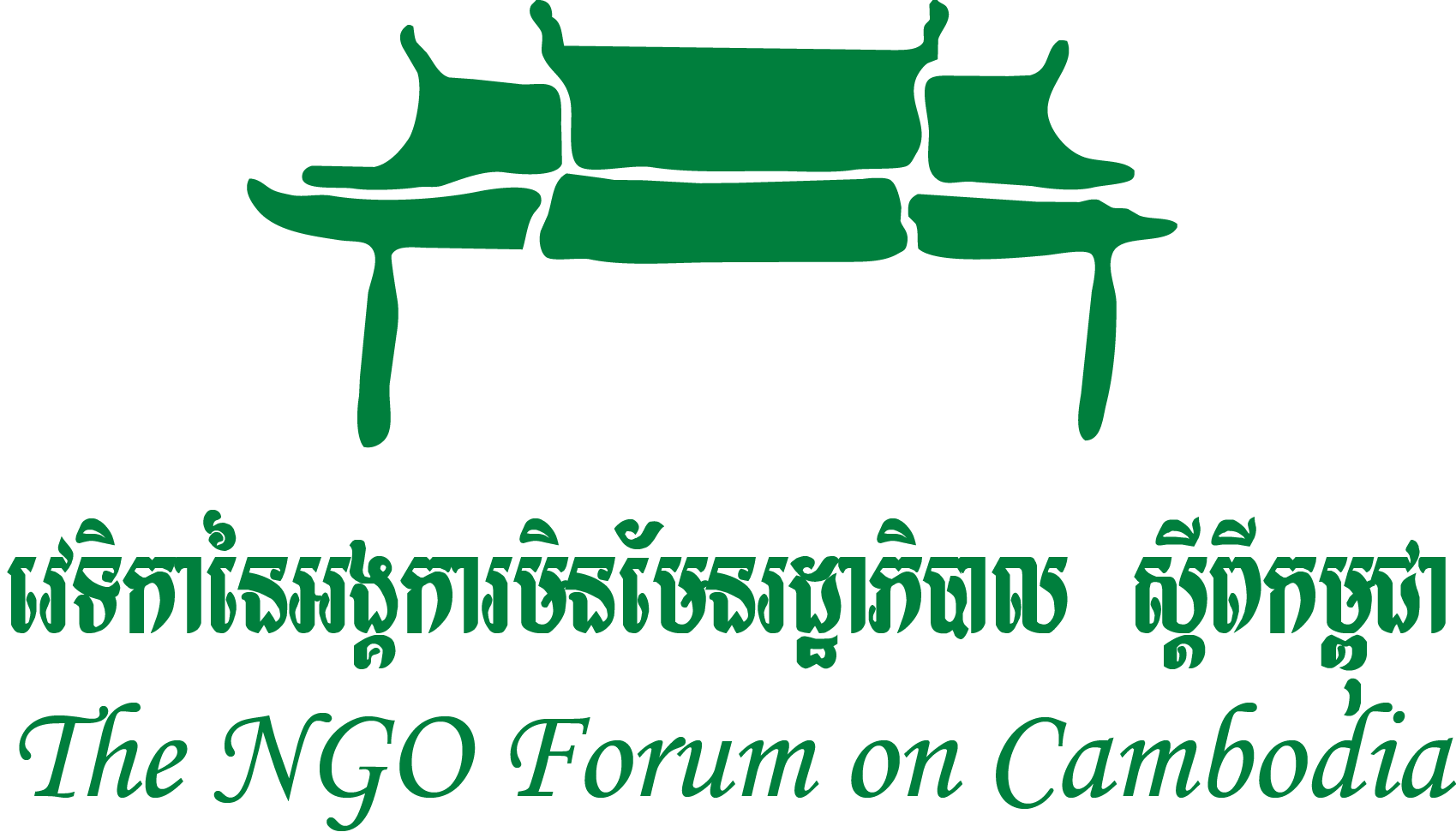On 27 June 2024, the Budget Working Group (BWG) coordinated by the NGO Forum on Cambodia, organized a public forum on “2024 Budget Rationalization and Strengthening the Efficiency of Budget Execution and 2025 Budget Law Formulation”.
The forum was attended by representatives from relevant government ministries, including the National Assembly, the Ministry of Economy and Finance, the Ministry of Interior (MoI), and the National Committee for Democratic Development (NCDD), Private Sector, UN Agencies, representatives of development partners, representatives from national and international civil society organizations, representatives of universities, students, youth, indigenous communities, citizens and the media.
There were 3 important objectives of this forum;
1- Increase the understanding and promote the public participation on budget transparency and accountabilities including the budgetary process both national and sub-national level.
2- Provide opportunities for tax payers including youths, CSOs/NGOs to have a dialoge with relevant stakeholders and policy makers toward the public participation in the budget cycle at national and sub-national level.
3- Provide opportunities for tax payers including youths, CSOs/NGOs to provide inputs on the formulation of the draft national budget law 2025 to relevant stakeholders and policy makers toward the improvement national budget transparency and accountability, gender mainstreaming, inclusive principal and other alternatives to improve the effectiveness of sub-national budget formulation.
As result, participants expressed their dedication to ongoing collaboration within a professional framework, fostering transparency and accountability in budgeting and oversight, particularly at the sub-national level.
The Budget Working Group (BWG) is a coalition of 20 local and international NGOs working on budget-related policies coordinated by the NGO Forum on Cambodia (NGO Forum). The Group has been engaged in public budget advocacy on various sectors, such as education, child and healthcare, gender, environment, etc., social protection, and natural resources.
















